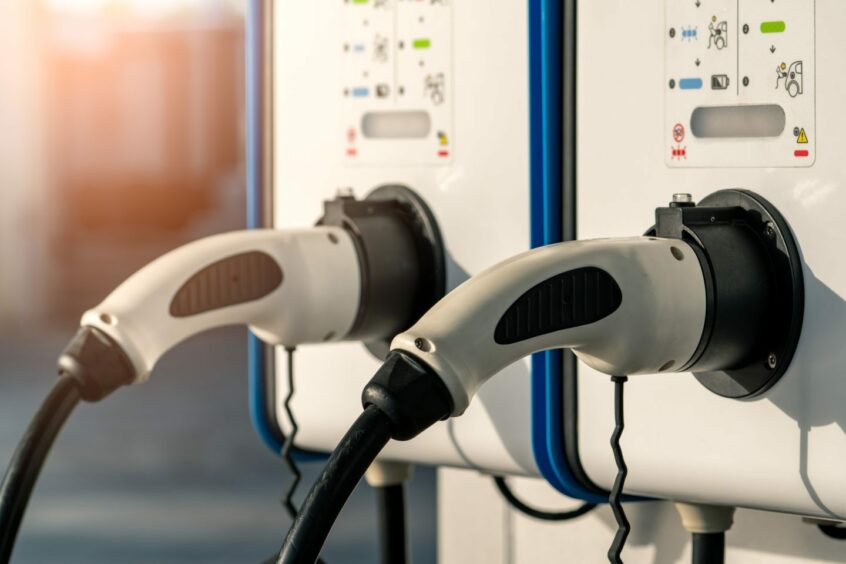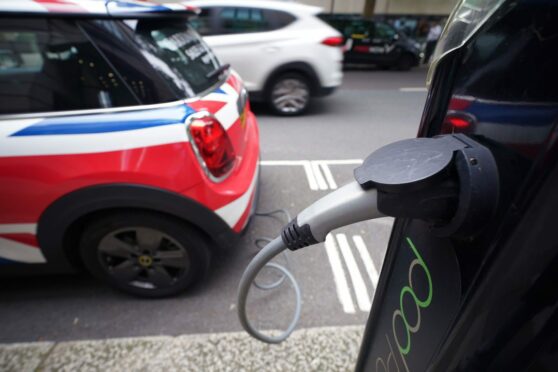Plugging an electric car into a public EV charger now costs an average of 14% more than it did a few months ago, according to a new study.
The cost of electricity has jumped in recent months as a result of supply shortages and Russia’s invasion of Ukraine driving up the wholesale price of energy, with this having a knock-on effect when it comes to the cost of charging an EV.
According to electric car charging mapping service Zap-Map, in September 2022 the average price for a rapid/ultra-rapid charger with an output higher than 22kW was 14% more compared with June – increasing from 49p per kilowatt hour (kWh) to 56p/kWh.
Home charging a cheaper option

It means that to fully charge a typical electric car, such as the MG4 Long Range with its 62kWh battery, it now costs £34.72 – an increase of £4.32.
The cost of using a slower public charger (22kW in power or less) has increased from 34p/kWh to 39p/kWh in the same time frame – up 14.7%. Using the same MG4 as an example, it will now cost £24.18 for a full charge with one of these units – £3.18 more than in June.
It’s still significantly cheaper to run an electric car than a petrol or diesel vehicle
Despite the increase in the costs of charging, Zap-Map says electric cars are still £900 cheaper to run than a comparable petrol and diesel car, even when relying purely on public electric car chargers.
However, for drivers who can plug in at home and take advantage of lower electricity rates – according to the Energy Saving Trust, the national average as of October 2022 is 34p/kWh – this saving increases to £1,200 versus a conventional car.
EV drivers still concerned about costs of charging

A Zap-Map survey of 4,300 electric car drivers found that 41% are now concerned about the high cost of charging – up from 33% in 2021. Despite this, 80% were still confident that an EV is currently cheaper to run than an equivalent petrol or diesel vehicle.
Melanie Shufflebotham, co-founder and chief operating officer at Zap-Map, said: “Although the results of our survey show many EV drivers are keeping a close eye on the rising costs of electricity, it’s still significantly cheaper to run an electric car than a petrol or diesel vehicle.
“With more and more drivers switching to electric, the purpose of our data is to keep track of the price that EV drivers pay when out and about, as well as how it varies across the different types of chargers.
“This will in turn help EV drivers to seek out the cheapest charging option and keep their costs firmly under control.”

Conversation